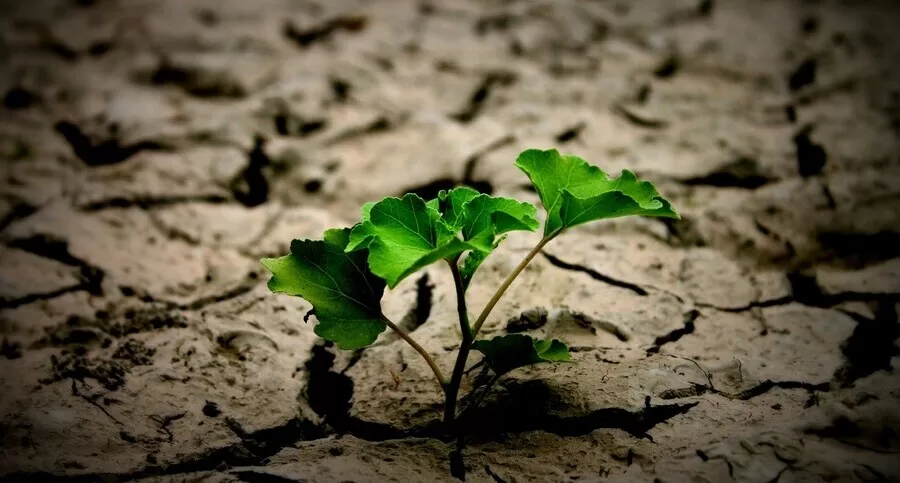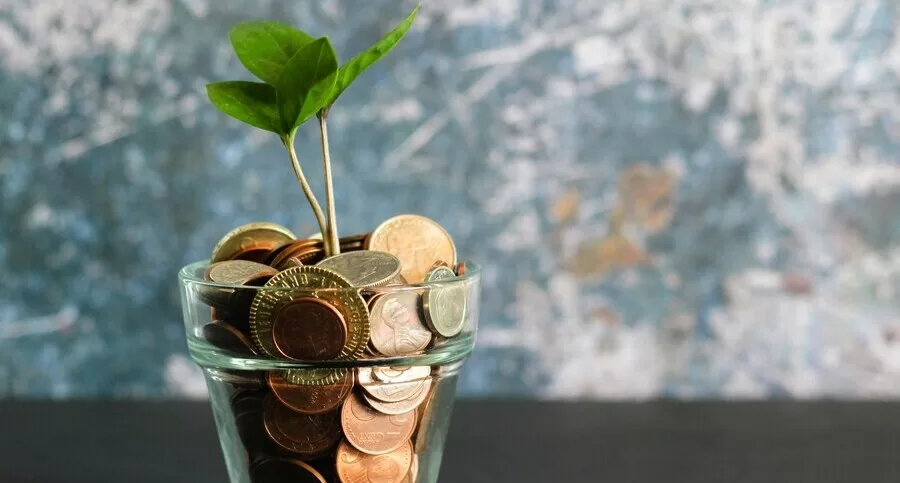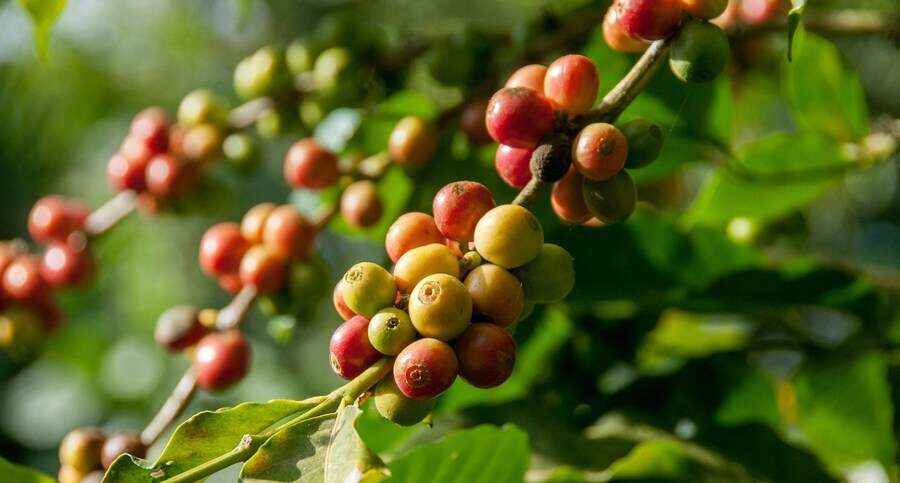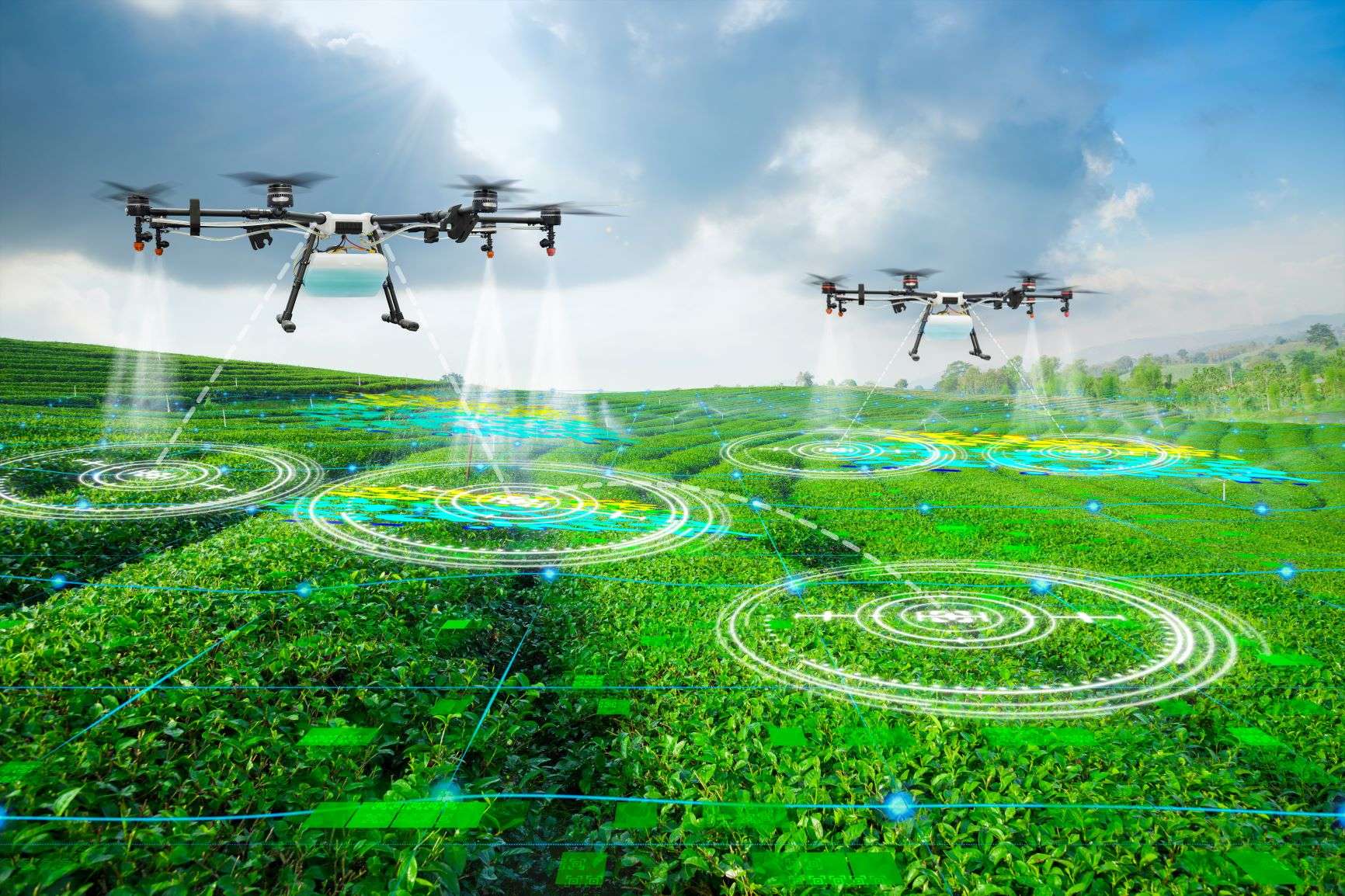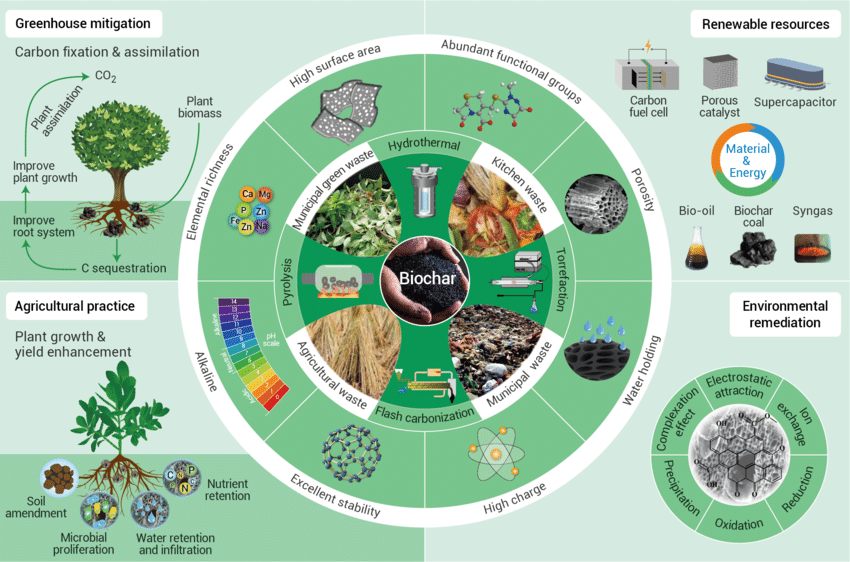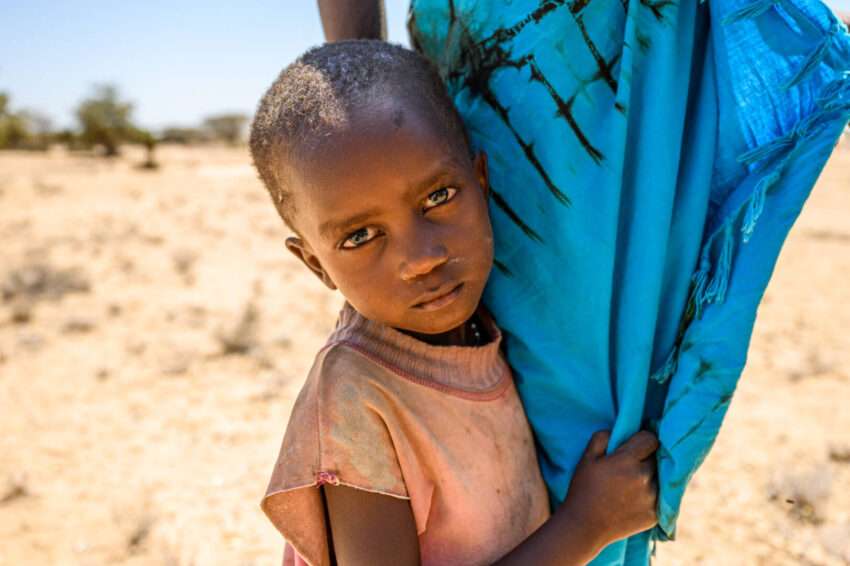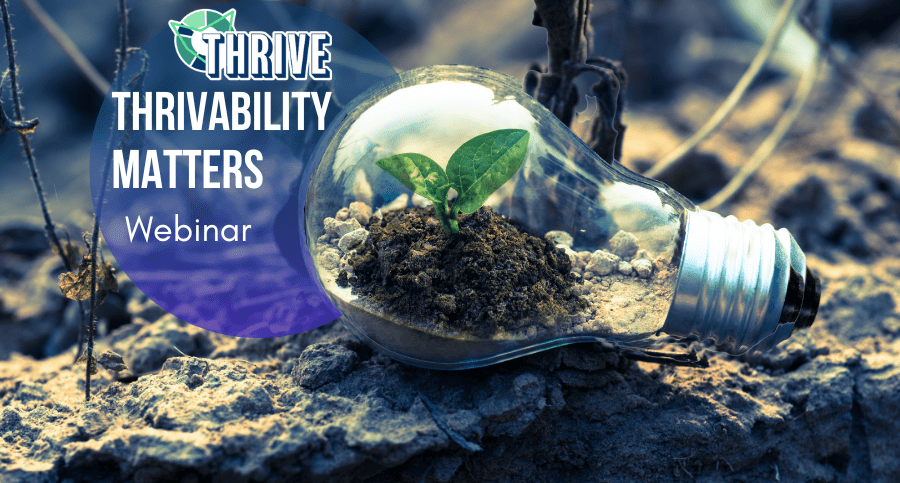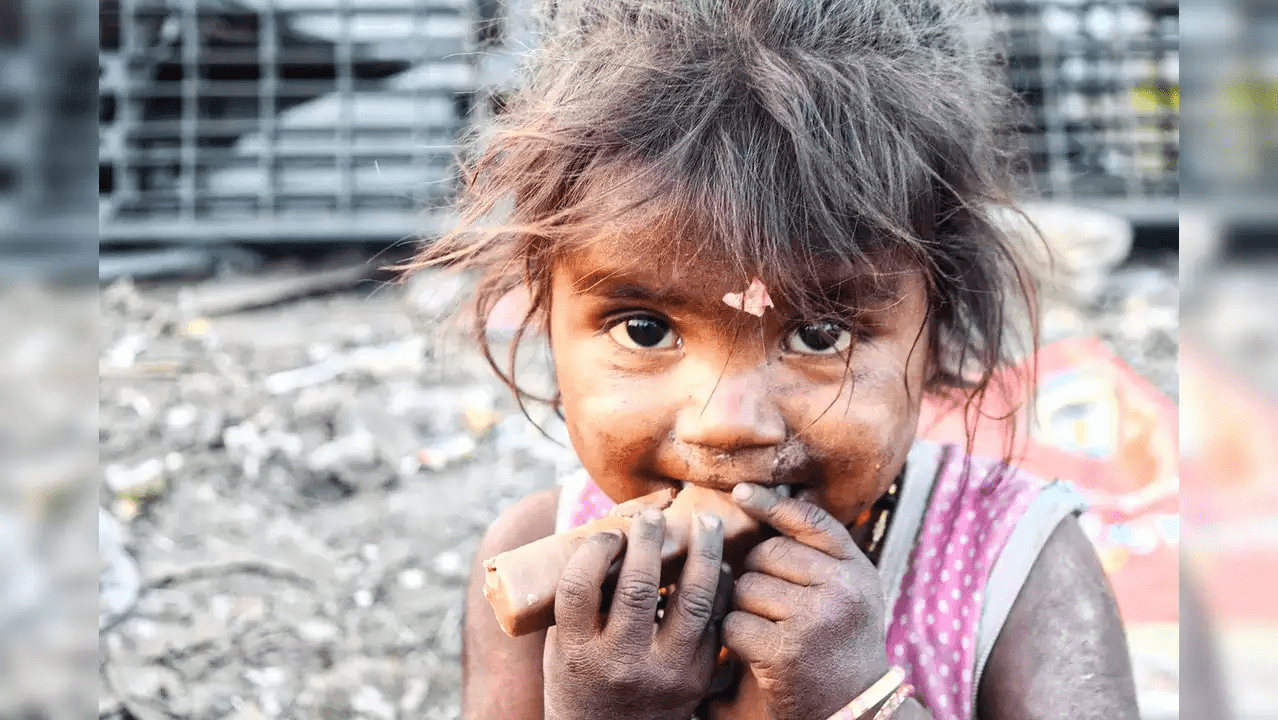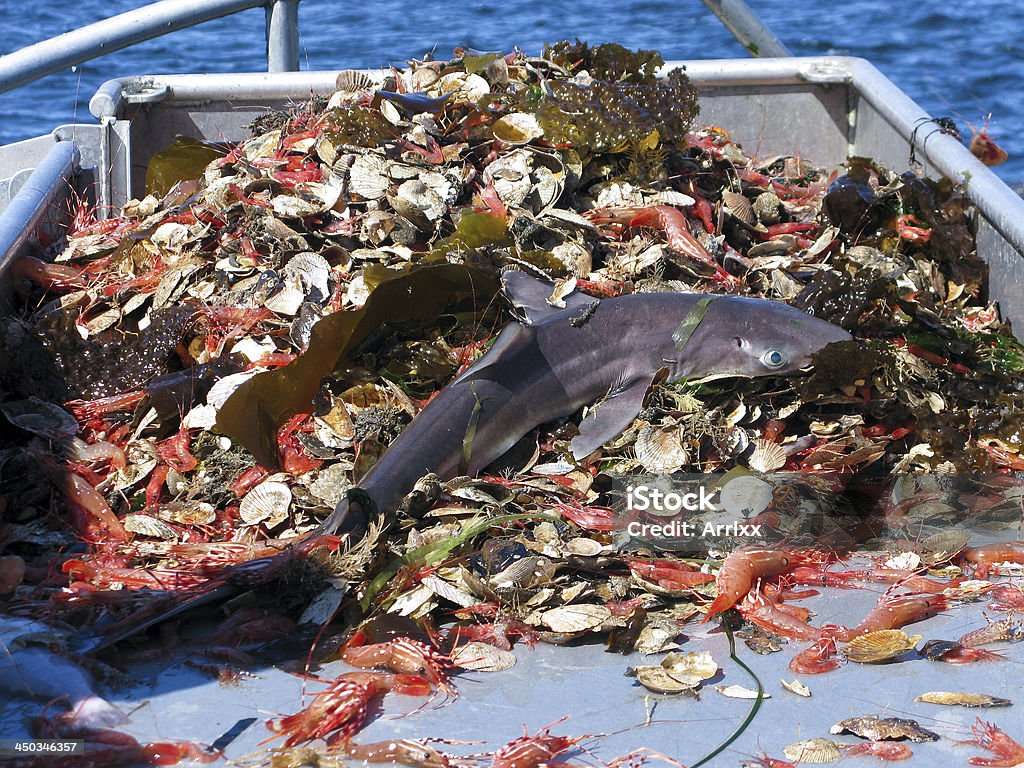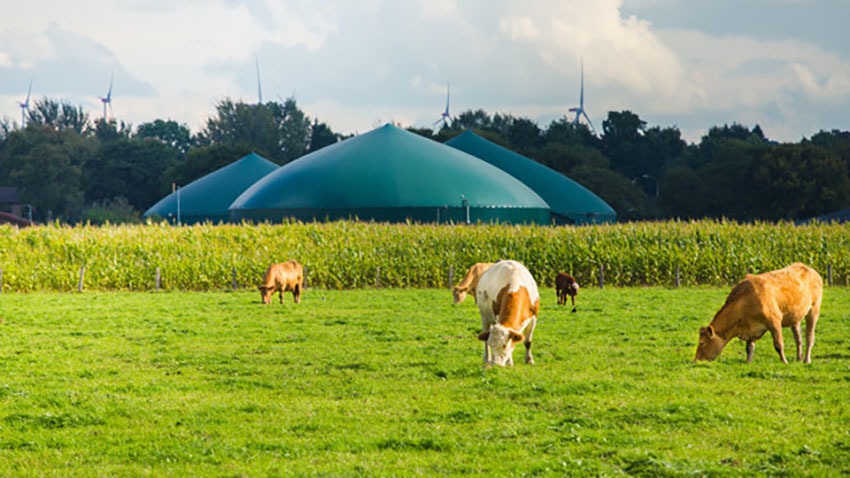Climate mitigation and adaptation: why we need both?
The False Choice: Why climate Mitigation and Adaptation Are Not Either/Or Climate mitigation and adaptation are often framed as the two dominant pillars of climate response. Mitigation aims to reduce greenhouse gas emissions to slow future climate change. Adaptation seeks to cope with the disruptions that are already occurring. These strategies are interdependent; neither is […]
Climate mitigation and adaptation: why we need both? Read Post »
Education, General, Sustainability




















